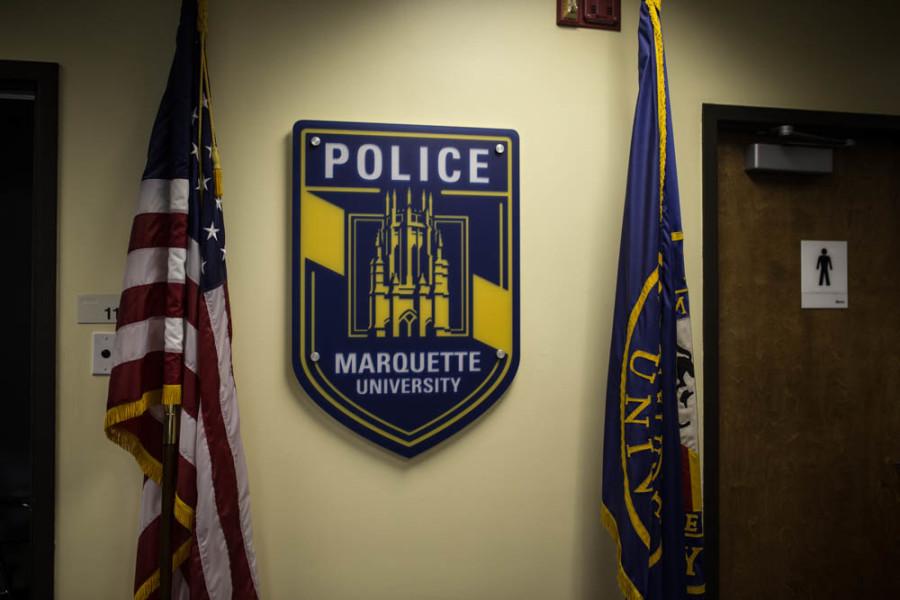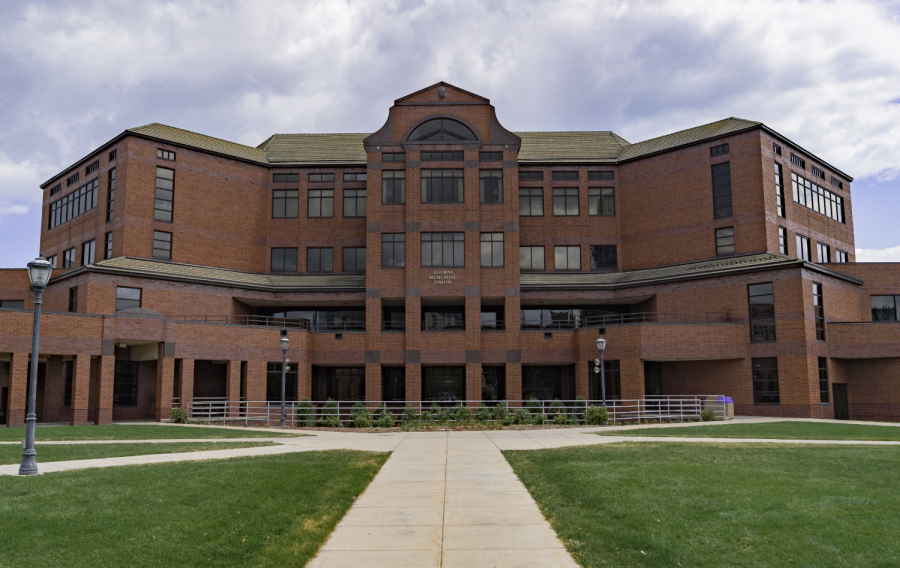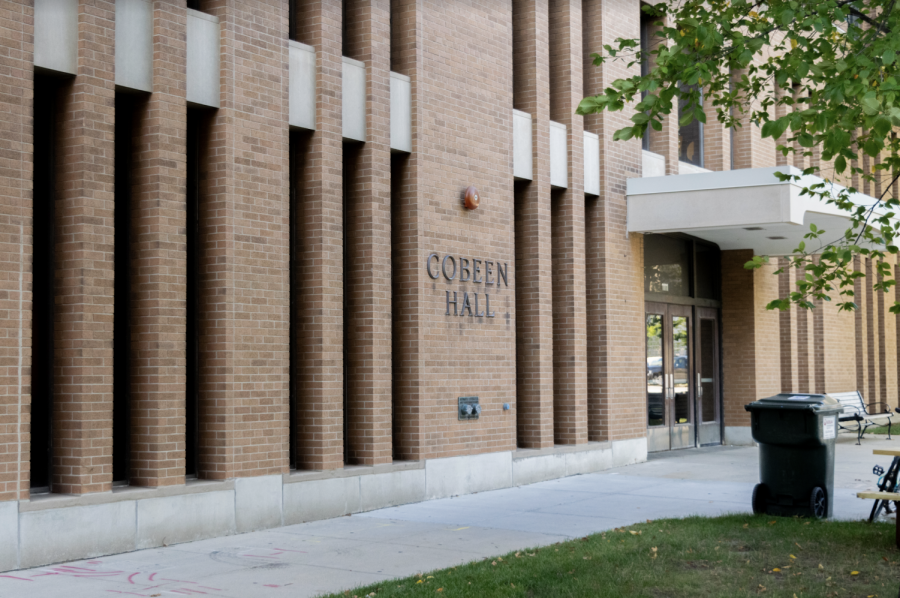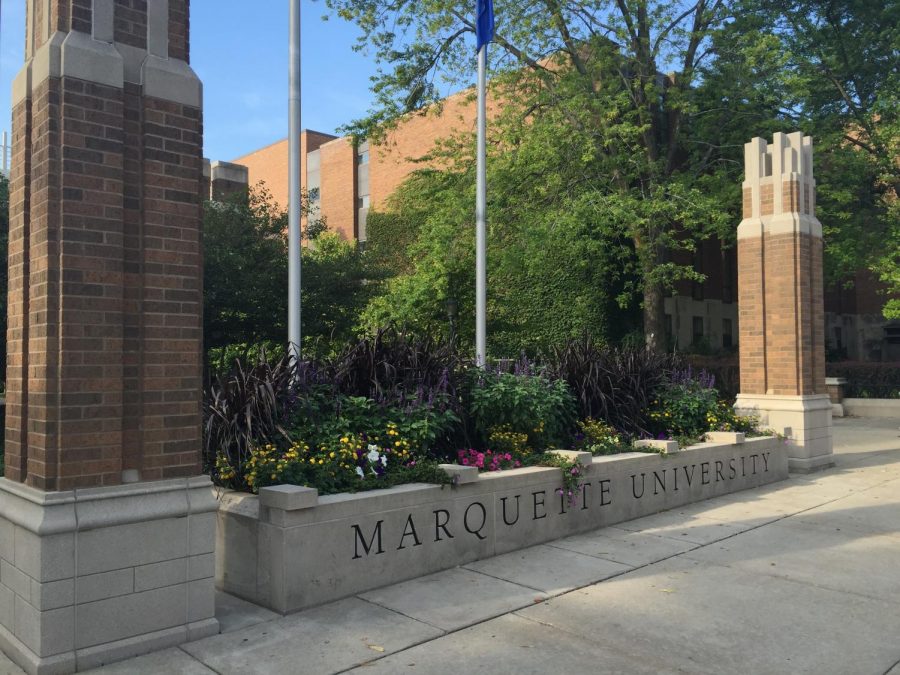A male Marquette student who lives off-campus has been hospitalized and is in serious condition after being diagnosed with a lab-confirmed case of bacterial meningitis.
On the evening of April 2, the student contacted the Department of Public Safety and was taken to Aurora Sinai Medical Center after showing the typical symptoms of meningitis.
Symptoms include sudden onset of fever, headache, stiff neck, altered mental status and vomiting. The effects can take seven to 10 days after infection to appear.
The university notified all students via a public safety alert e-mail Sunday in order to make sure students were aware of the disease’s symptoms. The alert encouraged them to seek medical attention if not feeling well.
Bacterial meningitis affects the lining of the brain and the spinal cord, making the disease life threatening. However, several antibiotics can be used to treat the disease. Health Services is providing a preventive medication called prophylaxis as necessary.
Marquette has already begun identifying students and staff that have had extensive direct contact with the student, and has treated them with prophylaxis.
The spokesman for Aurora Sinai, Adam Beeson, said all precautions have been made in an effort to isolate the case of meningitis. Details about the patient’s current health status cannot be revealed due to confidentiality.
“We have been working with the Milwaukee Health Department and the university to identify those who have been in close contact with the patient and making sure all precautions are being made,” Beeson said.
Beeson said Aurora Sinai, Marquette and MHD are in consistent communication, making sure students are aware of the developing situation.
Kate Venne, director of university communication, encourages students to protect themselves from contracting the disease by by maintaining good health and hygiene.
“Frequent hand washing and avoiding sharing materials that make mouth contact such as eating utensils, water bottles, drinking cups, cigarettes or lip balm” will help protect students, Venne said in an e-mail.
Venne also said avoiding behaviors that weaken the immune system such as smoking or binge drinking can decrease the risk of infection.
Beeson said the most common way to contract the disease is through one’s respiratory system.
“If someone who has meningitis sneezes and you inhale the air around them, you could contract the disease. However, that is unlikely to occur in this situation since this is an isolated situation case,” Beeson said.
Beeson continued, saying the disease is hard to contract and that only spending a prolonged amount of time with the infected individual will increase the chances of obtaining meningitis.
“We interview the patient and ask who they have been in contact with the most,” Beeson said. “Commonly, roommates, or those who were intimately in contact with the patient are most at risk.”
Venne said Health Services is equipped with all the antibiotics and staff needed to control the situation. The university is encouraging students to go to Health Services, not Aurora Sinai, if they have any of the symptoms.
“In keeping with our Jesuit tradition of cura personalis, or care for the whole person, we care deeply about the health and well-being of our students, faculty and staff,” Venne said.









